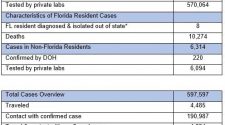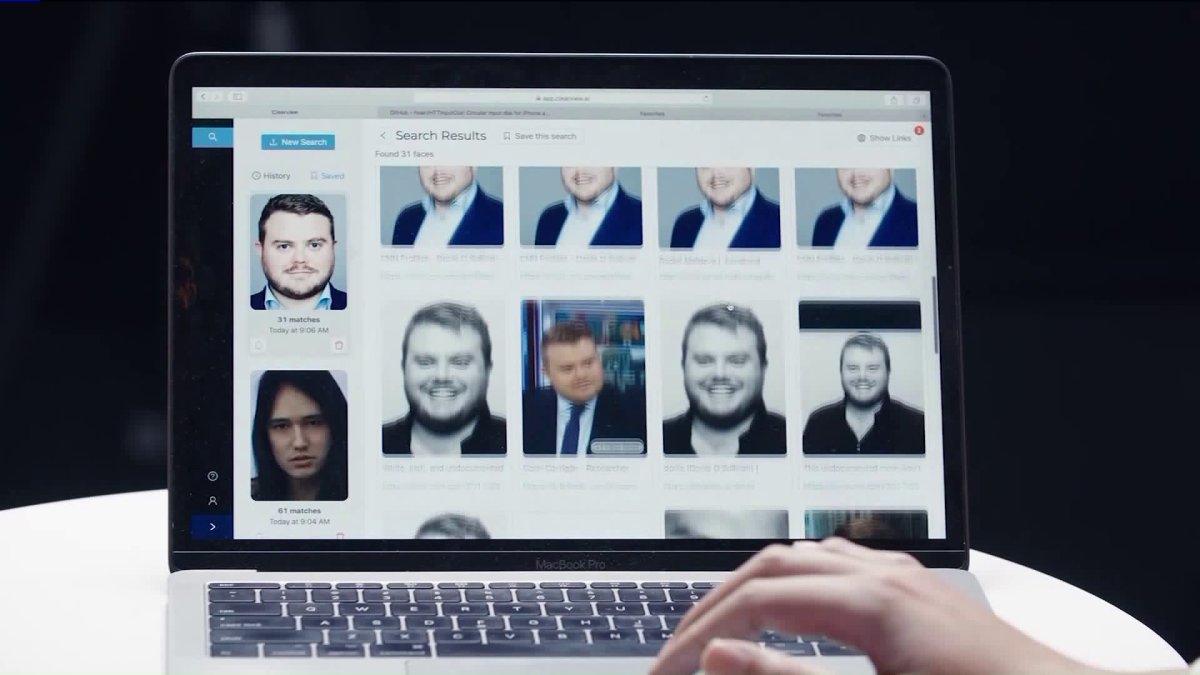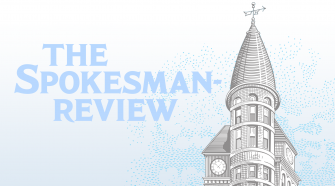ST. LOUIS – We live in a world increasingly reliant on technology. Technology fueled by data. The way that data is collected and used will impact society in new ways in this new decade.
The nonprofit Future of Privacy Forum serves as a North Star in an endless galaxy of emerging technologies, often void of privacy protections and littered with potential ethical dilemmas. The organization recently released a paper identifying privacy risks and enhancements for the 2020s.
“Voice. Face. Gestures. Your gait. The way you walk and even soon your brain are all ways you can search for things, get information, but each of them is another way you can be tracked,” said Jules Polonetsky, CEO of Future of Privacy Forum.
He’s talking about biometric scanning. A form of this technology—facial recognition—is being used by the Clearview AI app.
“Clearview is basically a search engine for faces,” said founder Hoan Ton-That.
The app has scraped billions of images from sites like Facebook, Twitter, and Google. Its creator claims more than 600 law enforcement agencies in the US and Canada are using it.
“I can understand people having concerns around privacy. So, the first part to remember, it’s only publicly available information,” Ton-That said. “We’re not just making technology for its own sake. The reason and the purpose we found is to really help law enforcement solve crime.”
If your mind is blown by the concept of facial recognition, prepare to be wowed by quantum computing. Though this technology won’t become mainstream tomorrow, security experts worry it could one day defeat the way our data is protected and secured.
“Quantum computers, because they are so fast and so powerful, they can brute force try every password. What would’ve taken years of calculation, they’re able to do in minutes or hours,” Polonetsky said.
Presently, your security could be at risk every time you open your email.
“All companies of all sizes and all industries and all information types, need to understand this threat,” said Brian Miller, owner of Ivory Intel.
According to Miller, phishing scams, like the one that recently targeted more than 5,100 St. Louis Community College students and employees, happen every day.
“A very common tactic that is wildly successful is making an email that looks just like an executive inside the company or sometimes it could be the IT director or IT professional,” Miller said. “You may have just downloaded malware, otherwise known as viruses, worms, and trojans into your company network, which is how these attacks begin.”
To learn how to better protect yourself online and to read more about privacy risks and enhancements for the decade ahead, check out the following links.
Future of Privacy Forum: 10 Privacy Risks and 10 Privacy Enhancing Technologies to Watch in the Next Decade
Federal Trade Commission: How to Recognize and Avoid Phishing Scams

















